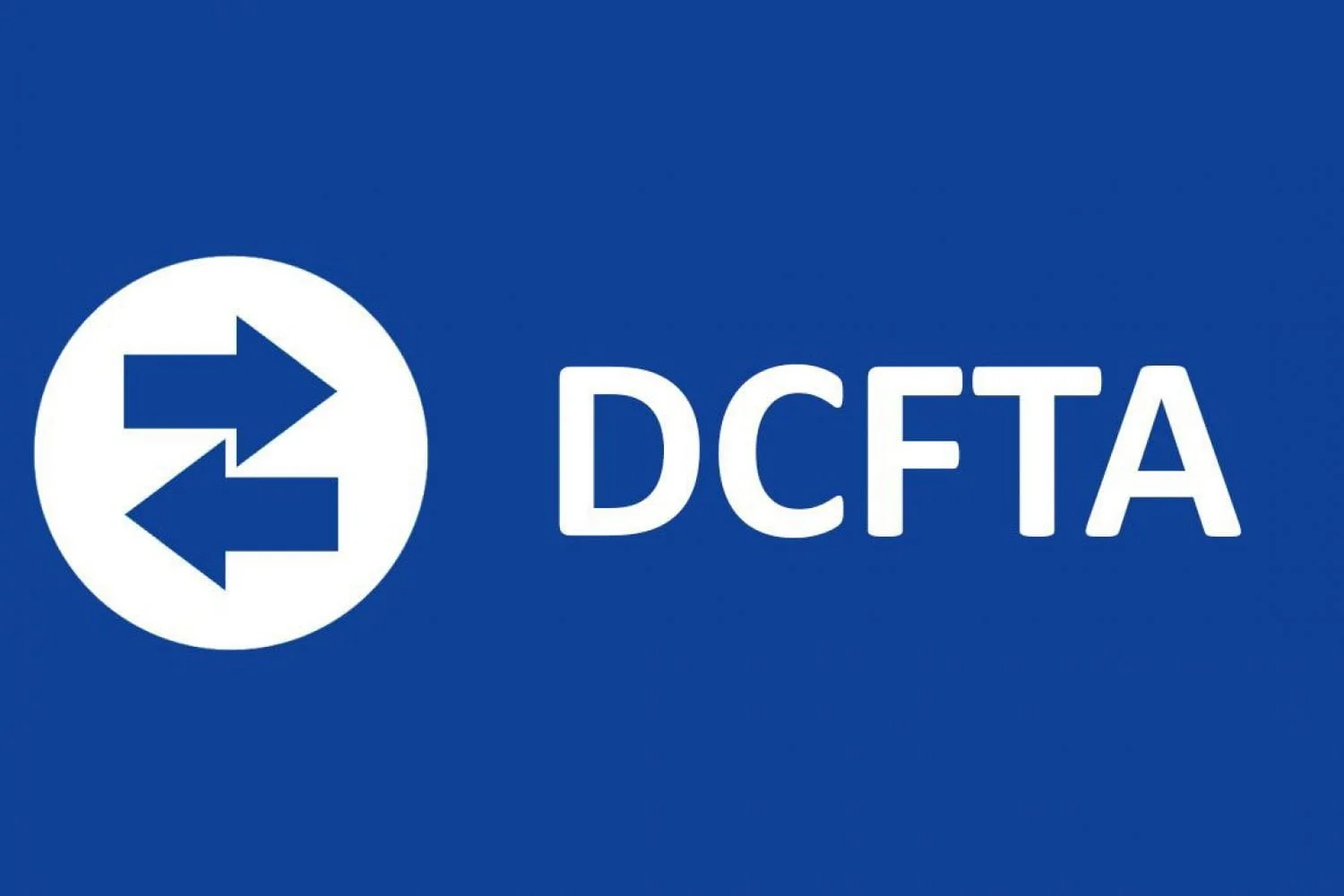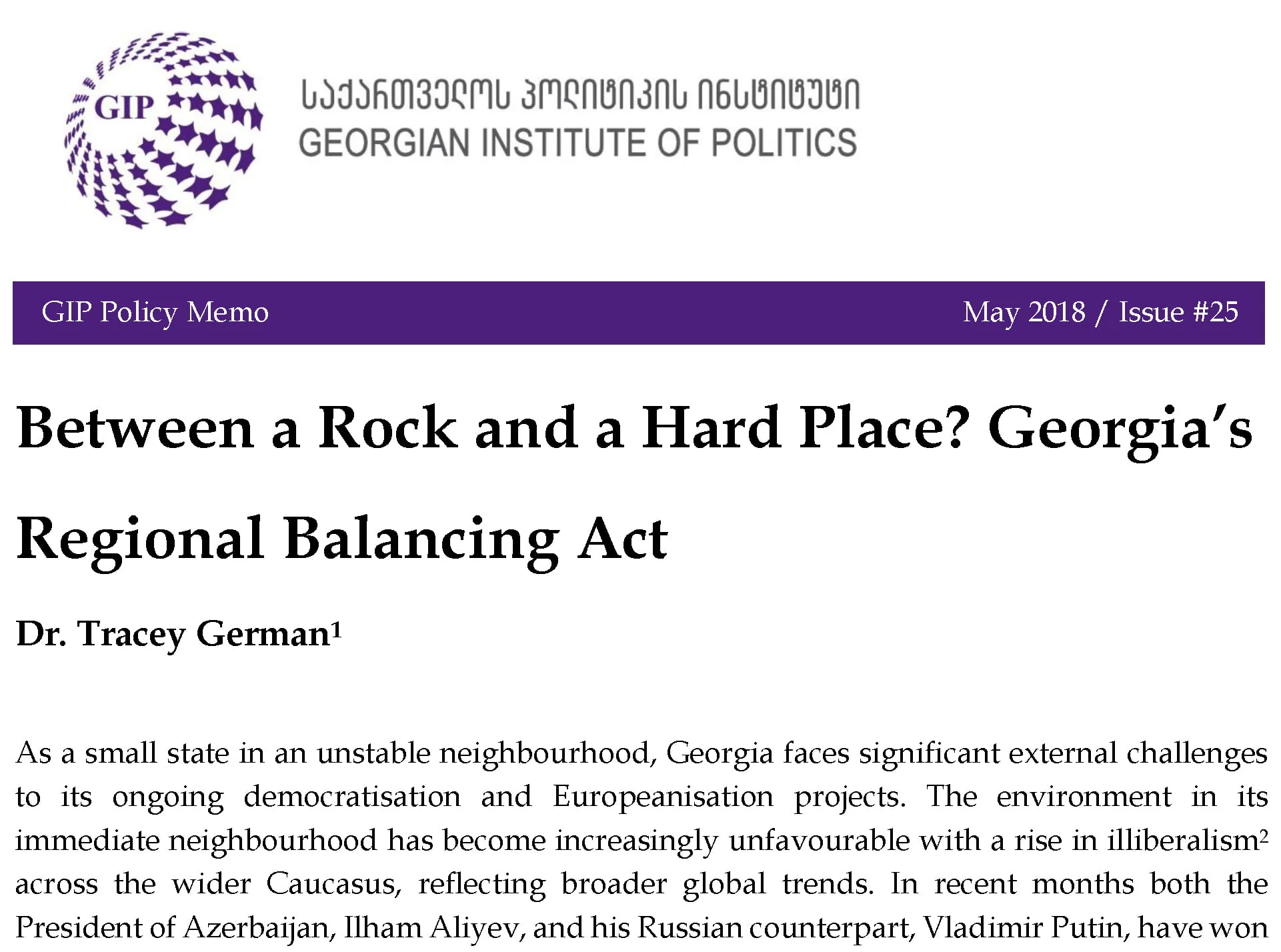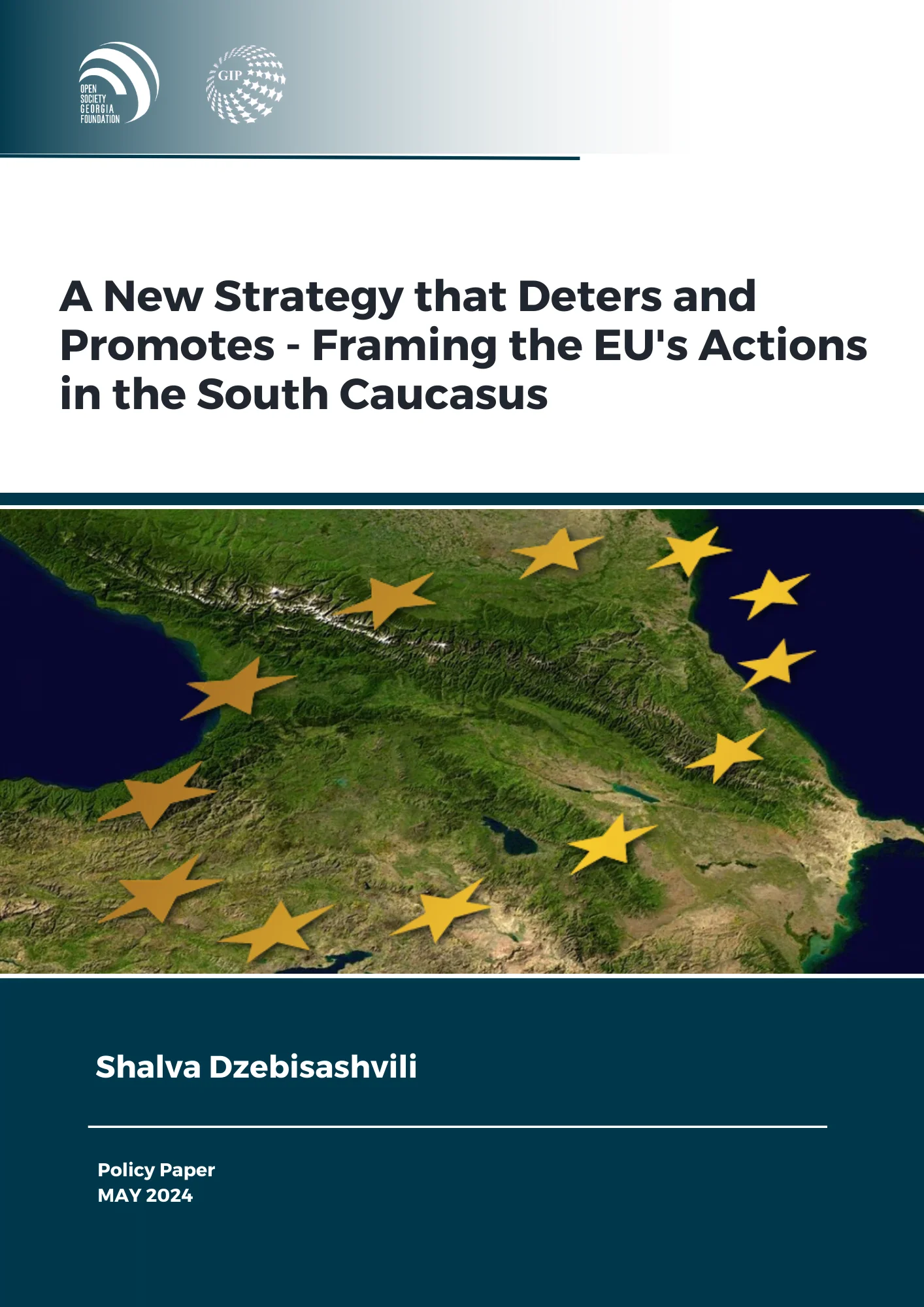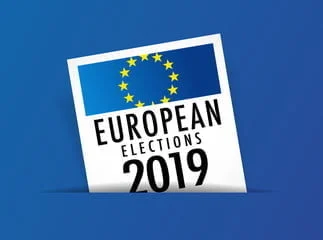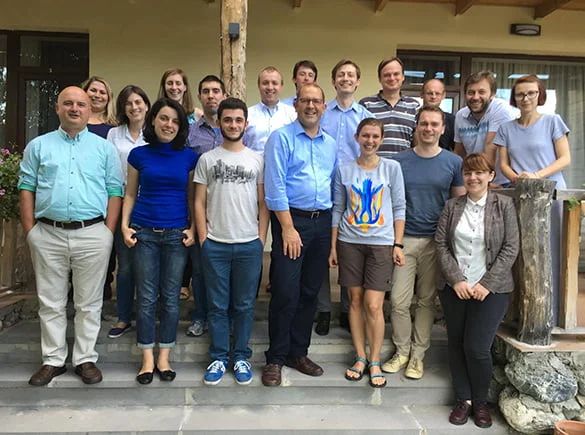Implementers[1] of the European Union supported project “Georgia on European Way: Creation of Effective Model for DCFTA and SME Strategy Implementation” calls for project proposals from Georgian civil society organizations.
The project aims to increase and support Georgian civil society organizations’ role in raising public awareness, understanding and support for implementation of the Deep and Comprehensive Free Trade Area (DCFTA) that has entered into force between Georgia and the European Union in June, 2016. The agreement provides better-matched regulations for Georgian producers to access the European market. According to the survey[2] executed by project implementers in Summer 2017, majority of all interviewed Georgian region-based civil society organizations – 92% – are interested in working on DCFTA-related issues. At the moment of survey only 5 % of civil society organizations identified DCFTA implementation among their fields of activity. Based on existing willingness to step up and play a bigger role in DCFTA-related issues, the project implementers via sub-granting regional civil society organizations seek to, first, enable these organizations to contribute to the on-going discussions and awareness raising about DCFTA implementation, and, second, to become active actors in their respected communities and to engage and inform the public, especially small and medium size producers about DCFTA provided opportunities. In total 60 small sub-grants of up to 1000 Euro are expected to be distributed to civil society organizations in regions of Georgia.
The sub-granting to be based on two following topics:
I. Awareness raising about DCFTA among Georgian public;
II. Awareness raising about DCFTA among regional small and medium enterprises and public servants.
I. The call for awareness raising about DCFTA among Georgian public is open for regional civil society organizations interested in working within their local communities and to implement activities focused on informing and educating the general public about DCFTA and opportunities it provides for Georgia and its people. Also, informing the public about existing strategy for small and medium enterprises development in Georgia[3].
The organizations are encouraged to apply for funds that would allow them to execute public DCFTA communication campaign in a form of public events, for example town-hall discussions or other community gatherings involving as broad local population as possible; public product-producing activities, for example, series of articles or educational discussions on local TV and/or radio, or children painting exhibitions; or other initiatives.
Among criteria when evaluating the project proposals will be following:
- an original idea,
- preparing more of civil actors able to educate the public about the DCFTA in given region,
- reachability of project activities, applicants are expected to reach as many members of local population as possible,
- diversity of reached population, applicants are expected to reach as broad population as possible (from schoolchildren to seniors),
- inclusion of ethnic minorities and vulnerable groups, including women and young entrepreneurs, returned migrants, internally displaced people.
A strong advantage is if applying civil society organizations has took part in the training offered by the project implementer that took place in March-April 2018 in their respective region and shared gained knowledge with their counterparts and community upon return from the training.
II. The call for awareness raising about DCFTA among regional small and medium enterprises and public servants is open for civil society organizations interested in engaging local producers and public servants by delivering missing skills and information about DCFTA and the “SME Development Strategy of Georgia 2016-2020”. Involvement of these two target groups should variate from téte-á-téte meetings to practical learning exercises during which local producers and public servants will learn not only about DCFTA provided opportunities but would also receive practical knowledge on how Georgian producers can access the European market. Priority to be given to the projects aimed at linking small and medium enterprises with already existing mechanisms from the EU and other donors’ side, for example, EU4Business initiative, aimed at supporting Georgian producers’ exposure to the EU market.
Among criteria when evaluating the project proposals will be following:
- an original idea,
- activities that would not be limited to informing local producers and public servants about DCFTA and the SME strategy, but would also provide practical information and assistance that a) would enable public servants to better perform their duties when supporting local producers and those duties that fall under DCFTA implementation, and b) would assist local producers in their search for support and ways how to meet all the EU imposed production requirements and regulations in order to export into the EU, including where to look for required funding or consultative assistance that is being provided by Georgian state and international donor organizations/institutions.
- preparing more of civil actors able to inform, assist and support small and medium enterprises and public servants,
- reachability of project activities, applicants are expected to reach as many small and medium enterprises and public servants as possible,
- focused reach of target groups – Georgian producers with potential to export in to the EU and to use DCFTA provided opportunities; and public servants working on economy and DCFTA-related issues;
- inclusion of ethnic minorities and vulnerable groups, including women and young entrepreneurs, returned migrants, internally displaced people.
A strong advantage is if applying civil society organizations has took part in the training offered by the project implementer that took place in March-April 2018 in their respective region and shared gained knowledge with their counterparts and community upon return from the training.
In total 60 grants of amount up to 1000 Eur will be distributed by ensuring equal distribution within the topics I & II, as well as geographical coverage of all 9 Georgian regions and the Autonomous Republic of Adjara (at least 3 grants/ 9 regions & Adjara).
Requirements for applicants:
- to be a registered civil society organization in Georgia
- to be a regional civil society organization form any of 9 Georgian regions[4] and the Autonomous Republic of Adjara. Organizations registered and based in Tbilisi are ineligible to apply.
- to execute project activities solely in the represented region. Applicant can execute activities in more than one region, if it chooses.
- to demonstrate experience in executing similar activities/project.
Application procedure:
Project proposal with all required documents has to be submitted by May 20, 2018 via email at info@gip.ge .
Required documents:
- Annex I – Project proposal in the Word Document format. Please use this template.
- Annex II – Project budget in a free form. Please indicate all expected expenses. Please ensure to fit all project costs into amount up to 1000 Euro.
- Organization’s registration document.
- Organization’s financial report for the year of 2017.
In case of any questions please send your inquiries to following email: info@gip.ge .
[1] The project is implemented by an international consortium of non-governmental organizations and think-tanks under the leadership of the Eastern Europe Studies Center (EESC, Lithuania) together with the Association of Business Consulting Organizations (ABCO Georgia), the Georgian Institute of Politics (GIP, Georgia), GLOBSEC Policy Institute (GPI, Slovakia), Young Scientists Union “Intellect” (Georgia), ATINATI (Georgia) and Association Caucasus Genetics (Georgia).
[2] http://www.eesc.lt/uploads/news/id1044/Georgian.pdf
[3] http://www.economy.ge/uploads/files/2017/ek__politika/eng_sme_development_strategy.pdf
[4] 9 Georgian regions: Guria, Imereti, Kakheti, Kvemo Kartli, Mtskheta-Mtianeti, Racha-Lechkhumi and Kvemo Svaneti, Samegrelo-Zemo Svaneti, Samtskhe-Javakheti, and Shida Kartli.


